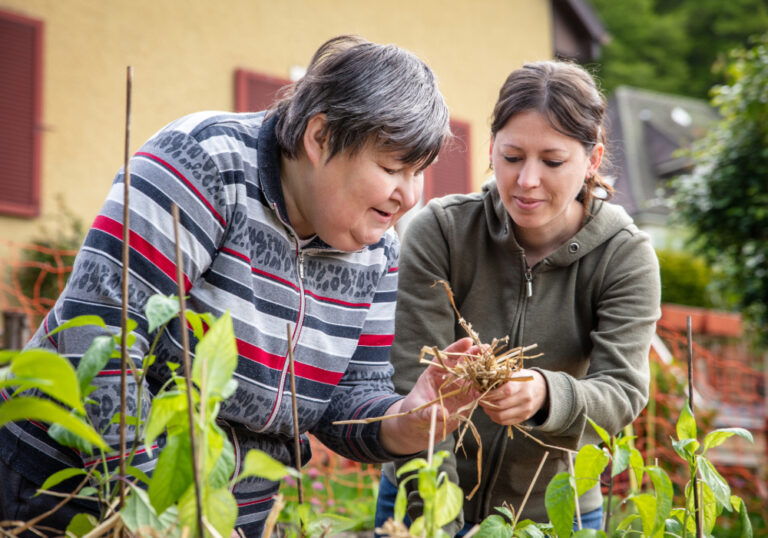
How to Get a NASC Assessment in Hamilton, New Zealand - A Complete, Local Guide for Families
Navigating support for you or your whānau shouldn’t be overwhelming. Here’s how to find compassionate, tailored care in Waikato.
Why This Guide Matters
If you or someone in your whānau lives with a long-term disability, figuring out how to get the right support can feel daunting. From personal care support, to help around the home or staying connected with your community, the New Zealand system is designed to keep you living independently and with dignity. For most people, it starts with one crucial step: a NASC assessment.
If you’re in Hamilton or anywhere in Waikato, this guide is especially for you. It’s based on the latest official information from the Ministry of Health and Te Whatu Ora, tailored with local Waikato contacts, and grounded in the values of manaakitanga and whānau-centred care that are so important to us at Aroha Care.
What is NASC?
NASC stands for Needs Assessment and Service Coordination. It’s the formal process New Zealand’s health system uses to figure out what kind of help you need, whether you meet eligibility for funded support, and what that support might look like.
A NASC service does more than just tick boxes. It’s there to:
- determine your eligibility under Disability Support Services,
- understand what supports will help you live your best life,
- approve funded services through registered providers,
- and keep your plan reviewed and updated as things change.
Who Can Get a NASC Assessment?
You might qualify for a NASC assessment if you have a disability that is:
- physical, intellectual, or sensory in nature, or a combination of these,
- likely to last six months or longer,
- and means you need ongoing help to stay independent.
This generally covers long-term conditions, rather than short-term injuries (which ACC would handle). But if you’re unsure where you fit, don’t worry — the NASC team will help work that out.
Who Can Make a Referral?
You can be referred by:
- yourself,
- your whānau or friends,
- your GP, teacher, or even a community support worker.
However, the most important rule is:
The person needing support (or their legal representative) must give consent.
You can find more about the referral and consent process on the official NASC page.
Who Does NASC in Hamilton and Waikato?
Important Local Update
Disability Support Link (Te Whatu Ora NASC)
Location:
CBD Waiora, Level 1, KPMG Building
87 Alexandra Street, Hamilton 3204
Contact:
Freephone: 0800 55 33 99
Local Waikato: (07) 839 8883
This team carries out all the eligibility assessments, support planning, funding approvals, and regular reviews for disability support in our region.
What Happens During a NASC Assessment?
Most NASC assessments are done in your home — it’s more comfortable and makes it easier to see what supports might help. However, assessments can also be done over the phone or online.
A trained NASC coordinator (or kaimahi) will talk with you and your whānau about:
- your daily life, strengths and areas where you need help,
- tasks that are hard or risky to manage alone,
- what matters most to you — like staying active in your kapa haka group, volunteering, or simply being safe and confident at home.
They will then build a care plan that outlines your funded support options, which may include:
- home support services,
- respite care for family caregivers,
- community participation,
- or 24/7 overnight care.
How Often Are Plans Reviewed?
Your NASC care plan is regularly reviewed to make sure it still meets your needs. If your situation changes or you’re no longer satisfied with your support, you have the right to request a review or reassessment at any time.
Learn more about this on the Disability Support Services website.
Common Questions About NASC Assessments
What if I need help urgently?
Let the NASC team know during your first contact. Temporary or emergency support can sometimes be arranged while a full plan is being prepared.
What if I disagree with the assessment?
You can bring whānau, an advocate, or ask for a second opinion. The NASC provider (Te Whatu Ora Waikato) has a formal complaints process you can follow.
Can I choose my support provider?
Yes — you’re free to choose who provides your support once your plan is approved. If you’re looking for whānau-centred care that honours cultural values, consider Aroha Care’s disability support.
How to Prepare for Your Assessment
Before the assessment, write down:
- your main concerns or goals,
- any support you’ve received in the past,
- things that are hard to manage (e.g., preparing meals, mobility, communication),
- and anything that’s important to your lifestyle, faith, culture, or whānau.
How Aroha Care Can Support You
At Aroha Care, we’ve supported many families in Hamilton and Waikato through the NASC process. We can:
- help you understand if you’re likely eligible,
- guide you in preparing for the NASC kōrero,
- assist you in coordinating with NASC staff,
- and provide trusted support services based on your approved plan.
Whether it’s daily personal care, community outings, or overnight in-home support, we deliver it with compassion, professionalism, and manaakitanga.









